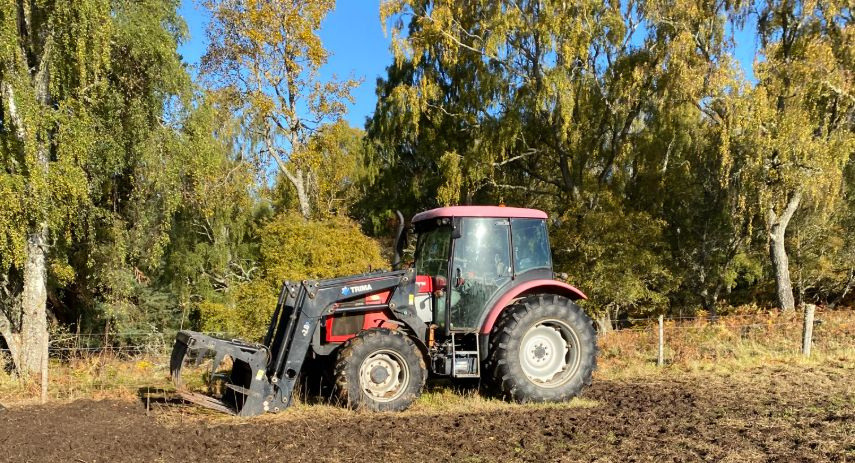
Building a resilient tenanted sector
Peter MacDougall

It is a busy time in the Tenant Farming Sector. Part 2 of The Land Reform Bill is making its way through Parliament, with proposed amendments driving much of the conversations.
One of the key points for debate centres around tenancies introduced through the 2003 Act and the proposed changes to the resumption provisions. At the heart of the discussions is what changing the statutory terms of resumption might mean for the wider industry.
Concerns are raised that any retrospective changes to the terms of 2003 Act tenancies will bring an abrupt end to the number of landlords that are willing to use these tenancies. While these tenancies are not widely liked or favoured by landlords they are still used and any further reduction in their use could have significant consequences for the sector.
The case made for a change to resumption provisions centres on ensuring fairness, particularly for tenants who have occupied a holding for generations, have invested heavily during that time and often will have moved from another form of lease agreement.
As ever, it is helpful to focus in on the key issues and the real life scenarios in which these play out. The Tenant Farming Commissioner has highlighted recently the need to improve the data we have on the tenanted sector, in part to better inform policy such as the issues being discussed in Part 2 of the current bill.
Even without full data, the trend appears to be that the tenancies introduced in 2003 to open up the letting of land again are not being widely used. Instead, we are seeing a drift towards Contract Farming which offers a different route for land to be farmed, but long term is it the answer?
The best outcome for both landlord and tenant is one where both are comfortable with the terms of the agreement and feel secure enough to make the investment required in the land to maximise efficiency.
A point of view I hear regularly is that the tenant farming sector is in “Terminal Decline” or in “Palliative Care”. But if that’s the case, it’s up to us to change the narrative. The tenant farming sector is crucial to giving new entrants access to land, we need to be giving those who want to farm the opportunity to do so, and as things stand, we are falling short of this goal. This is about more than just access to land, there are a huge number of competing factors impacting the industry. More than ever, new entrants need to be empowered to make good choices to build successful, efficient and resilient businesses.
So as well as discussions on the final shape of the current legislation being considered in parliament, we must keep a focus on the longer-term goal to support a successful tenanted sector as one way to open up opportunities to use land.
The Scottish Land Commission is currently running ScotLand Futures, an initiative gathering views and ideas on the future of land reform in Scotland. Land tenure is only part of the conversation, but it’s a very important part and one we need to get right. How do we open up the tenanted sector with fair risks and rewards for Landlords and Tenants. It’s important that everyone within, and around, the sector make their voice heard and we shouldn’t restrict our thinking to the Agricultural Holdings legislation.
If you haven’t already, you can share your views through a short online survey. This is your opportunity to let us know what’s working well and what’s getting in the way. Take it.